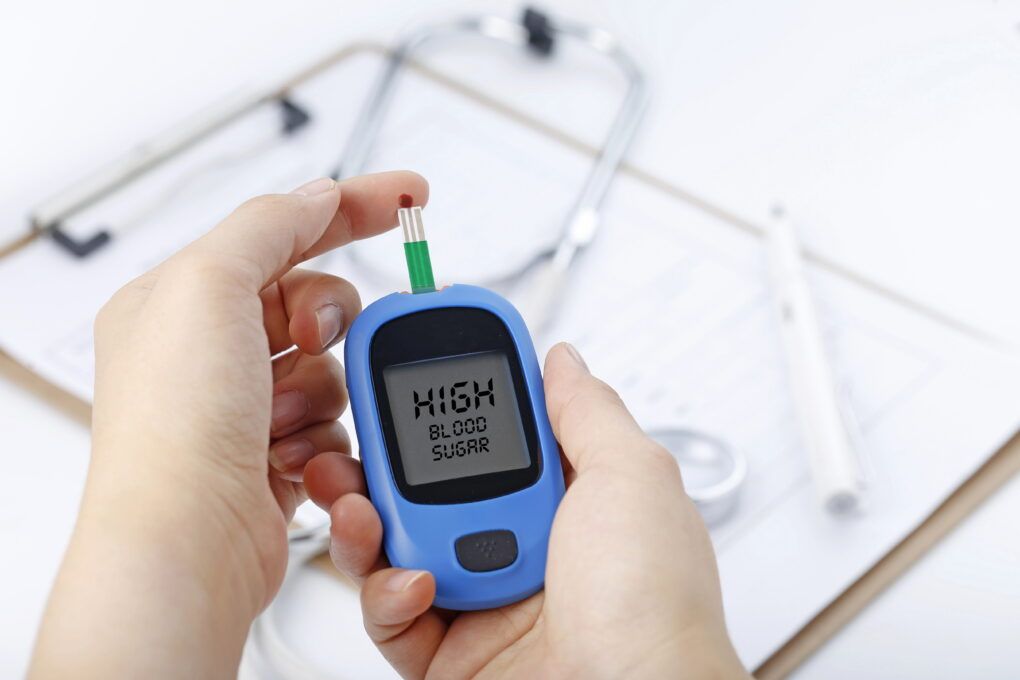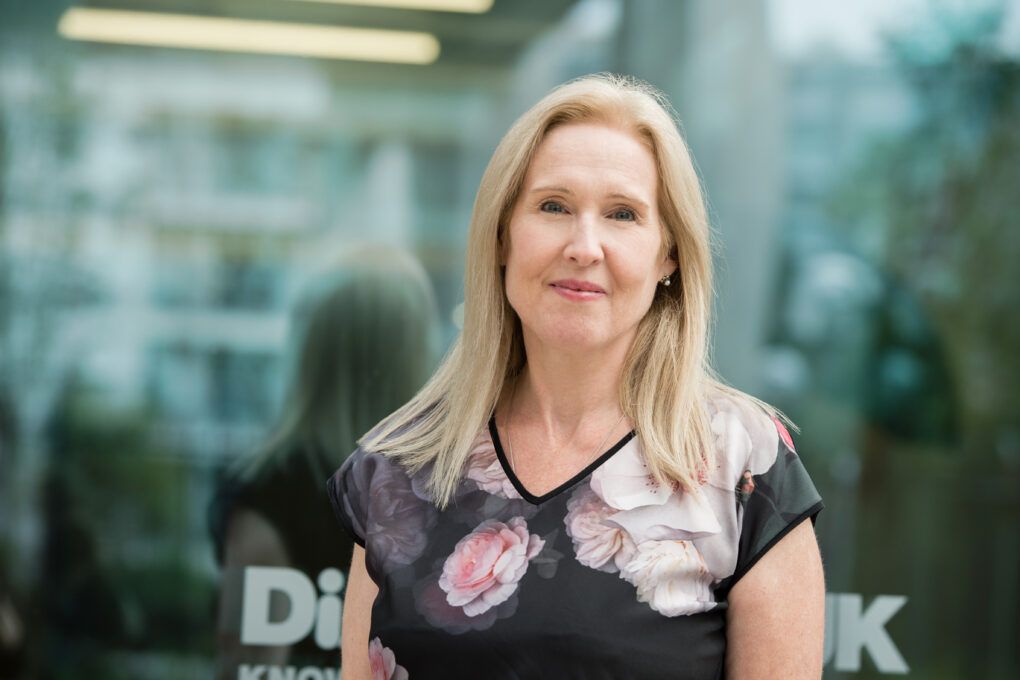How Our Future Health will change the game for type 2 diabetes

It’s hard to overstate the problem of diabetes in the UK today. More than 4.5 million people are thought to have the condition – and the figure is climbing. By 2030, it’s estimated that 5.5m of us will live with type 2 diabetes.
Why does it matter? In short, because type 2 diabetes reduces a person’s life expectancy by up to ten years. The condition affects our major organs, significantly increasing the risk of heart disease, cancer, nerve damage and dementia. It is the leading cause of both kidney disease and blindness.
Someone with type 2 diabetes must also deal with day-to-day complications, such as tiredness, weight loss, and constant thirst. The experience can cause considerable strain on a person’s mental health.
“Diabetes doesn’t show up prominently in national leading causes of death, but it’s a major contributing factor to diseases that do,” says Dr Raghib Ali, Our Future Health’s Chief Medical Officer. “It’s probably the most important common chronic disease that needs tackling in the UK – and globally.
“Type 2 diabetes is an era-defining challenge. No country has been able to stop its inexorable rise.”
A new approach to type 2 diabetes
In the UK, the NHS spends around £10 billion treating people with type 2 diabetes every year. But what if there was another way? What if our healthcare system could get to these people before the disease takes hold?
“The key to solving the diabetes problem is to improve our ability to identify people with a higher risk of the condition,” says Dr Ali. “Then we can intervene earlier and prevent the disease from starting, or detect it at an early stage and treat it with more targeted therapies.”
Our Future Health will allow the UK to do just that. The health research programme, which launched to the public in 2022, is bringing together up to five million people to create an incredibly detailed picture of the nation’s health. Researchers will be able to study this picture to discover new ways to prevent, detect and treat the disease.
“With the help of Our Future Health, the UK will be a world-leading case study in how to tackle this disease,” says Dr Ali.

Identifying people at risk of type 2 diabetes
The scale of Our Future Health’s data is key. It is the largest ever health research programme in this country – and arguably worldwide.
“Volunteers fill out a questionnaire about their lifestyles,” explains Dr Ali. “That means we find out about where they’re from and how they’re living their lives – their ethnicity, their social status, their work life, their diet and exercise, their sleep patterns. They also donate a sample of their blood, which we put through a genotype array to look at their genetics. And they consent to link their health records to our data, so we can monitor their health over time.
“When you put that information together it’s incredibly powerful. We’ll be able to find patterns in the people who develop type 2 diabetes, across all areas of society. Our Future Health is recruiting a representative cohort, so we’ll have people from deprived areas, we’ll have young people, we’ll have data on ethnic groups that have a higher risk of the disease, like people with African, Caribbean, Arab and South Asian ancestry.”
Currently, doctors use a diabetes risk calculator, which looks at measurements such as someone’s height, weight and waist circumference. With Our Future Health, researchers will be able to improve the accuracy of this calculator with a Polygenic Risk Score, which looks at a person’s genetic makeup and combines that with the other measurements to produce an integrated risk score .
“Our Future Health will allow us to identify people with the highest risk of developing type 2 diabetes before they have the disease,” says Dr Ali.
Detecting and preventing type 2 diabetes
Currently in the UK, we normally detect people’s sugar levels from the age of 40, during the NHS Health Check. However, many people will be on the path to type 2 diabetes before the age of 40. Or they will have already developed the disease without knowing it.
“Diabetes develops over time,” says Dr Ali. “Your sugar levels don’t go from non-diabetic to diabetic overnight. Instead, they slowly get worse, you become pre-diabetic and then diabetic. If we can get to someone early, we can take measures to prevent the disease from taking hold.”
With Our Future Health’s integrated risk scores, researchers will be able to develop targeted testing of people who are at most risk of developing type 2 diabetes. For example, someone with a high genetic risk might be offered regular blood sugar tests from the age of 18, rather than 40.
“It’s good for the patient, because it will be detected earlier and we can prevent their disease from beginning or developing,” says Dr Ali. “And it’s good for the NHS, because it saves many consultations and treatments, potentially over decades.”
Improving treatment of type 2 diabetes
Our Future Health will also help people who have developed type 2 diabetes, because it will lead to more targeted treatment.
“The type of genetic profiling we’re doing will mean researchers can identify what drugs are most suited to a person,” explains Dr Ali. “At the moment, we choose a drug based on a broad population profile. In the future, we’ll know how a person is likely to respond to a particular drug based on their genetic makeup. It’s personalised medicine.
“Our Future Health will revolutionise treatment as well as prevention of type 2 diabetes.”
Why Diabetes UK is partnered with Our Future Health

Diabetes UK is one of the numerous charities that are partnered with Our Future Health, to help people live healthier lives for longer.
“We’re delighted to work with Our Future Health to support the development of this unparalleled health research programme,” says Dr Elizabeth Robertson, Director of Research at Diabetes UK.
“We want a new and different future for people living with, or at risk of, diabetes. Our Future Health will play an important role in speeding up research progress so we can create a detailed picture of how and why the condition develops and how to stop it in its tracks.”
You can find out more about diabetes at Diabetes UK’s website. The resource includes a list of signs and symptoms of the condition.

Let’s prevent disease together
By volunteering for Our Future Health, you can help health researchers discover new ways to prevent, detect and treat common conditions such as diabetes, cancer, heart disease, stroke and Alzheimer’s.